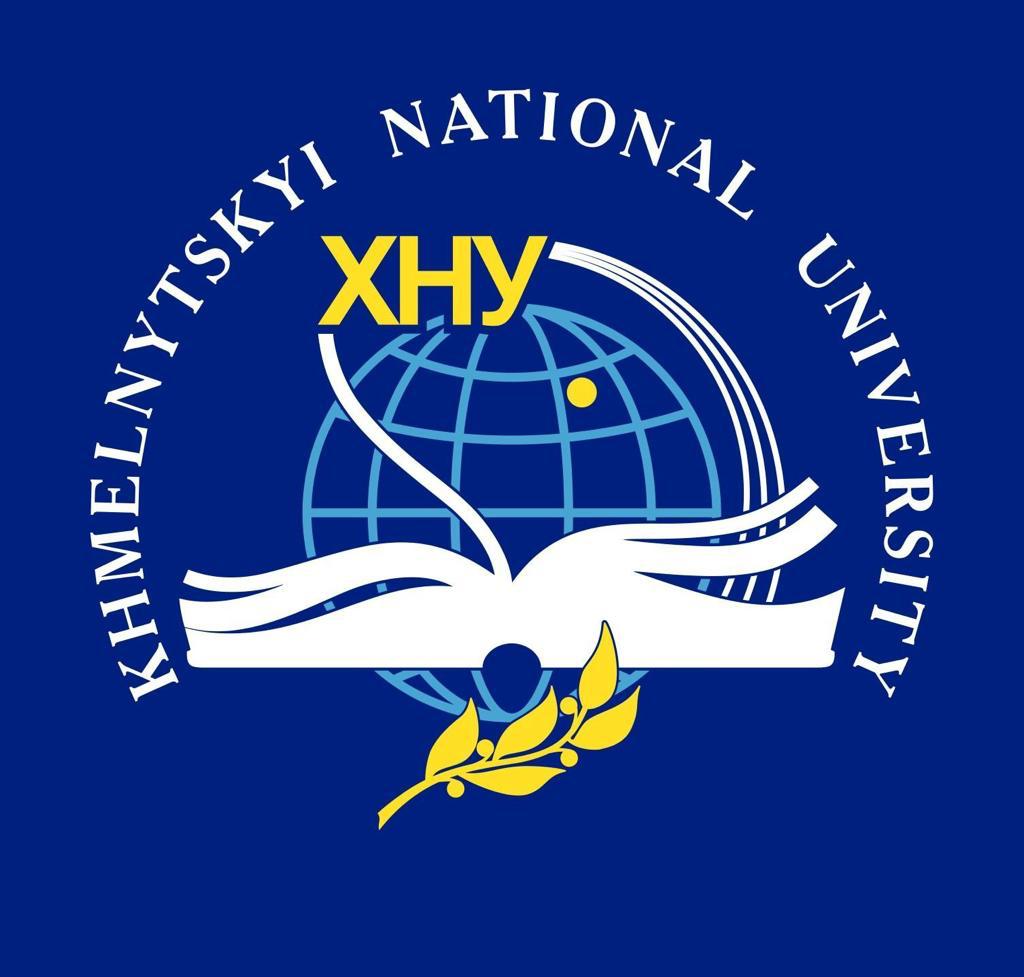IMPLEMENTATION OF VOLUNTEER PROGRAMS OF SPECIAL OLYMPIADS (ON THE EXAMPLE OF THE REGIONS OF EUROPE AND EURASIA)
DOI:
https://doi.org/10.31891/pcs.2024.1.50Keywords:
volunteer programs, Special Olympics, athletes with disabilities, mental disordersAbstract
The article describes the volunteer programs of the Special Olympics, which are implemented in the regions of Europe and Eurasia.
The goal is to present the content of volunteer programs of the Special Olympics and to investigate their distribution in the regions of Europe and Eurasia.
Research materials and methods. Theoretical analysis of scientific and pedagogical literature; Internet resources methods of statistical processing of received information. The volunteer programs of the Special Olympics of Europe and Eurasia (58 regions) were studied.
It has been established that there are three types of Special Olympics programs: educational; parallel; national Training is aimed at mastering movement skills in the chosen sport. Educational programs include motor activity training programs, a program for young athletes, and combined sports. These are inclusive programs that are designed to bring together athletes with and without disabilities and their families for various sports events. Parallel aimed at supporting the health of athletes with disabilities is the "healthy athletes" program, which is implemented in the following directions: "Health promotion", "Leg health", "Joy of being healthy", "Healthy ears", "Open eyes", "Healthy smile", "MedFest", "Strong mind". National programs pay more attention to the competitive activities of athletes with mental disabilities.
The study characterized the content of volunteer programs on the example of the regions of Europe and Eurasia. It was found that SO programs are gradually spreading in the countries of Europe and Eurasia. The introduction of such programs and constant volunteer support definitely contributes to the better integration of people with disabilities into society, improves their physical and mental health. In view of this, the experience of countries that have achieved significant success, such as Great Britain, Germany, and Greece, is significant.
References
Briskin Yu. A. Orhanizatsiini osnovy paralimpiiskoho sportu: Navch. posib. Lviv: Kobzar, 2004. 180 s. (in Ukrainian)
Briskin Yu. Adaptyvnyi sport. Spetsialni Olimpiady. Navchalnyi posibnyk. L. Akhil, 2003. 128s. (in Ukrainian)
Briskin Yu. Pobudova prohram Spetsialnykh Olimpiad. Teoriia i metodyka fizychnoho vykhovannia i sportu. 2004. # 2. S. 15-18 (in Ukrainian)
Briskin Yu., Karpenko L. Volonterski prohramy Spetsialnykh Olimpiad. Ozdorovcha i sportyvna robota z nespravnymy. 2003. Vyp.1. S. 21-23. (in Ukrainian)
Briskin Yu., Strelkova V. Dosvid rozvytku Spetsialnykh olimpiad u Respublitsi Polshcha ta mozhlyvosti yoho vykorystannia v Ukraini. Pedahohika, psykholohiia ta medyko-biolohichni problemy fizychnoho vykhovannia i sportu. 2005. # 23. S 4-7. (in Ukrainian)
Briskin Yu., Strelkova V. Rozvytok Spetsialnykh Olimpiad u Respublitsi Polshcha. Ozdorovcha i sportyvna robota z nepovnospravnymy. 2004. S.75-78. (in Ukrainian)
Briskin YuA. Teoretyko-metodychni osnovy invasportu. L., 2005. 356 s. (in Ukrainian)
Honcharenko Ye. Vplyv prohramy Spetsialnoi Olimpiady FANfitnes na efektyvnist provedennia trenuvalnykh zaniat z osobamy, yaki maiut vidkhylennia rozumovoho rozvytku. Teoriia i metodyka fizychnoho vykhovannia i sportu. 2008. # 4. S. 22-25. (in Ukrainian)
Kohut I.O., Karpenko L.O. Obiednanyi sport - volonterska prohrama Spetsialnykh Olimpiad. Ozdorovcha i sportyvna robota z nepovnospravnymy. 2005. Vyp.4. S.87-92. (in Ukrainian)
Matvieiev S. F., Briskin Yu. A., Kohut I. O., Danko H. V. [ta in.]. Istorychni, orhanizatsiini ta sotsialni aspekty rozvytku sportu invalidiv : navch. posibnyk. K., 2011. 250 s. (in Ukrainian)
Mudrik V.I. Spetsialni Olimpiady. Special Olympics. K., 2001. 52 s. (in Ukrainian)
Osoblyvosti roboty z ditmy z intelektualnymy porushenniamy. URL:https://naurok.com.ua/osoblivosti-roboti-z-ditmi-z-intelektualnimi-porushennyami-dlya-praktichnih-psihologiv-235829.html (in Ukrainian)
Rymar O. Istoryko-metodolohichni aspekty orhanizatsii i provedennia Spetsialnykh Olimpiad. Pedahohika, psykholohiia ta medyko-biolohichni problemy fizychnoho vykhovannia i sportu. 2001. # 25. S10-15. (in Ukrainian)
Sliniavchuk K. Perspektyvy ta shliakhy rozvytku prohramy Spetsialnykh Olimpiad v Ukraini. Nauka v olimpiiskomu sporti. 2002. # 2. S. 70-78. (in Ukrainian)
Spetsialna Olimpiada Hretsiia. URL: https://www.specialolympicshellas.gr/
Spetsialna Olimpiada Nimechchyna. URL: https://specialolympics.de/startseite
Spetsialna Olimpiada Ukraina. URL: https://specialolympics.org.ua/programi/
Spetsialna Olimpiada. URL: https://resources.specialolympics.org/sports-essentials/young-athletes
Baran, F., Top, E., Aktop, A., Ozer, D., & Nalbant, S. (2009). Evaluation of a Unified Football Program by Special Olympics Athletes, Partners, Parents, and Coaches. European Journal of Adapted Physical Activity, 2, 34-45.
https://doi.org/10.5507/euj.2009.003 HYPERLINK "https://doi.org/10.5507/euj.2009.003%20"
Block, E., Breaud, M., McNulty, C., Papa, T. and Perry, M. (2019) Perspectives of Special Education: Literature Review and Interview. Creative Education, 10, 1973-1981.
https://doi.org/10.4236/ce.2019.109143
Kalyvas, V., Koutsouki, D., & Skordilis, E. (2011). Attitudes of Greek Physical Education Students towards Participation in a Disability-Infusion Curriculum. Education Research Journal, 1, 24-30.
Menke, S., & Braycich, M. (2014). Special Olympics Unified Sports Football. Empowering Girls and Women on and off the Pitch. In D. Hassan, S. Dowling, & R. McConkey (Eds.), Sport Coaching and Intellectual Disability (pp. 180-194). Routledge.
Pilecka D., JurekA T. The origins of the special Olympics movement in Poland In the 20th century. Central European Journal of Sport Sciences and Medicine Vol. 32, No. 4. 2020: 43–50





